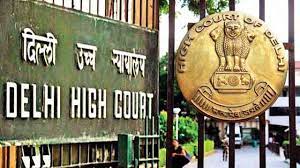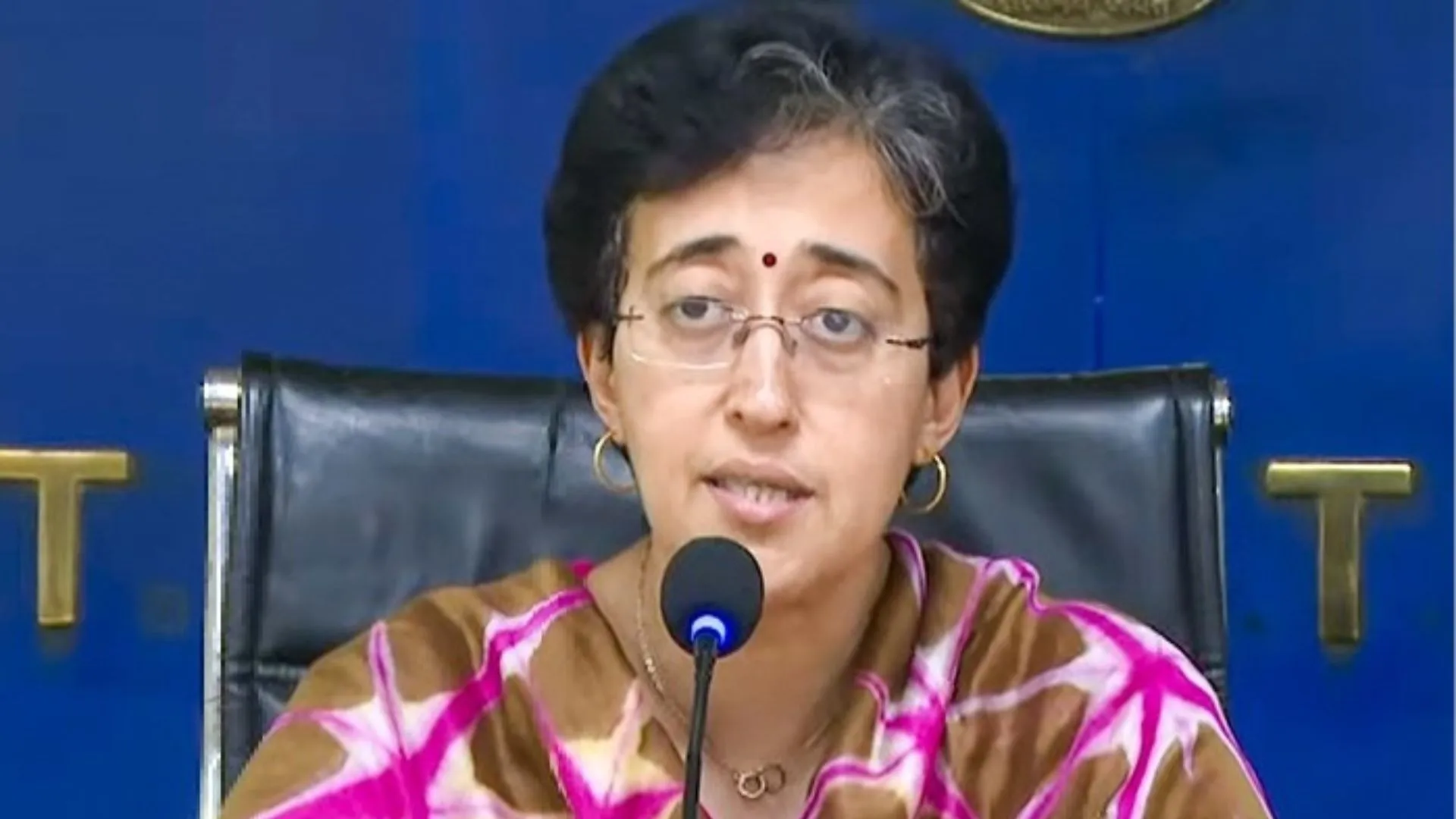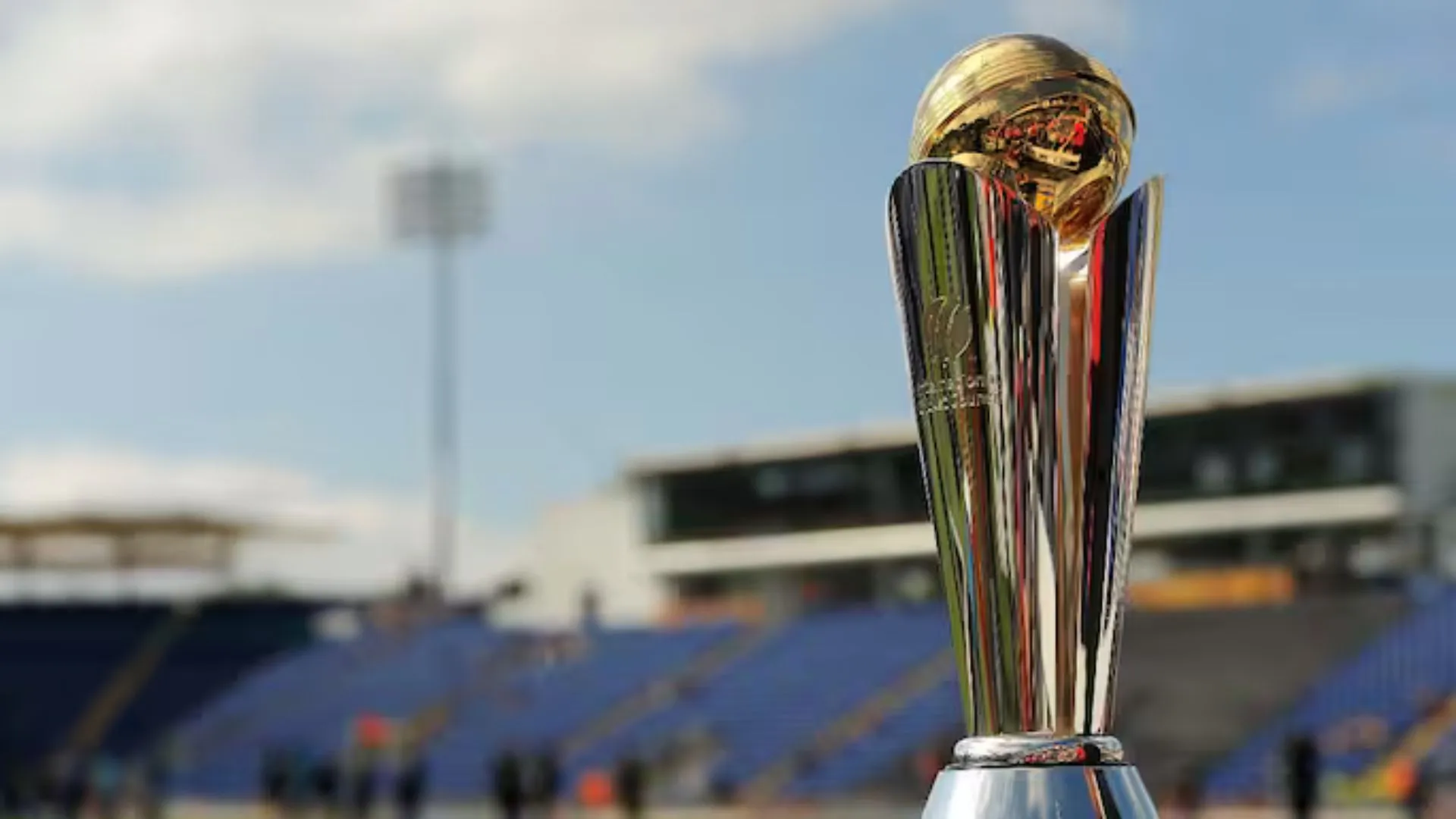The Delhi High Court in the case Social Jurist, A Civil Rights Group v. Bar Council of India & Ors observed and has told the BCI that it will be looking into the matter and decide a representation for making Right of Children to Free and Compulsory Education Act, 2009, or the RTE Act, the compulsory subject for students in all law schools are being within a reasonable time.
The division bench comprising of Chief Justice Satish Chandra Sharma and Justice Subramonium Prasad in the case observed and has disposed of a public interest litigation moved by one NGO Social Jurist after the submission made before the court.
The court was also informed that a representation was made by Social Jurist on February 15, which being followed by a reminder letter dated March 02, the court requested the BCI for considering the matter before commencement of next academic year but no response was received of the same.
The counsel, Advocate Ashok Aggarwal appearing for the petitioner NGO submitted before the court that it has been requested by the BCI to look into the matter and to take a decision on the representation.
The counsel, appearing for BCI submitted that the statutory body will certainly look into the representation which being within a reasonable period of time.
Before the court, it has also been submitted by the RTE Act is being taught in law schools and questions on the subject, especially as stated under Article 21A, are asked in constitutional law subject exams.
However, the court stated that the prayer made in the plea filed seems to be genuine.
The petition stated that the justiciability of the right to education places a great responsibility on lawyers – for the lawyers alone can take violations to Court. Thus, in the context of a child, it places, by implication, an additional responsibility on the system of legal education for ensuring that lawyers are being familiarized with the details of the manner in which this right is to be provided.
It has also been averred in the plea that there being a great responsibility on legal education system to “educate and equip lawyers” for recognition of violations of RTE Act, and for seeking justice for the children’s right to education.
Adding to it, the plea stated that it has been submitted that perhaps much of the blame for the current inaction with regards to the violations of the right to education is because law students and lawyers are being taught nothing about the right to education. Therefore, majority of them are being unaware about the fundamental of the rights being incorporated in the RTE Act, 2009.
Accordingly, the court disposed of the plea.
The present plea was moved through Advocate Ashok Agarwal and Advocate Kumar Utkarsh.

















